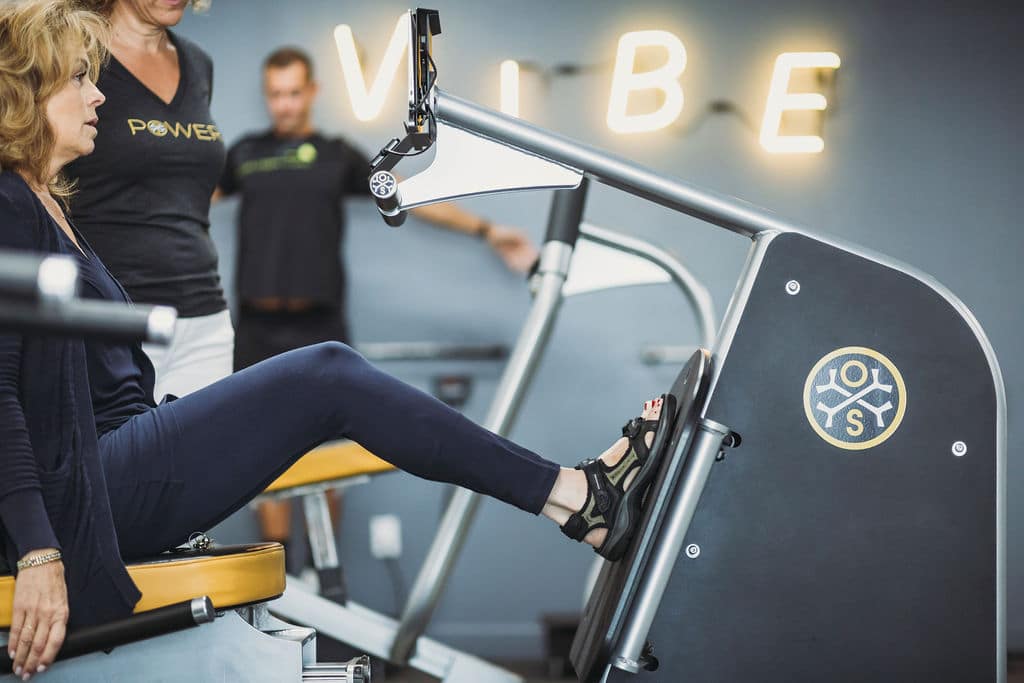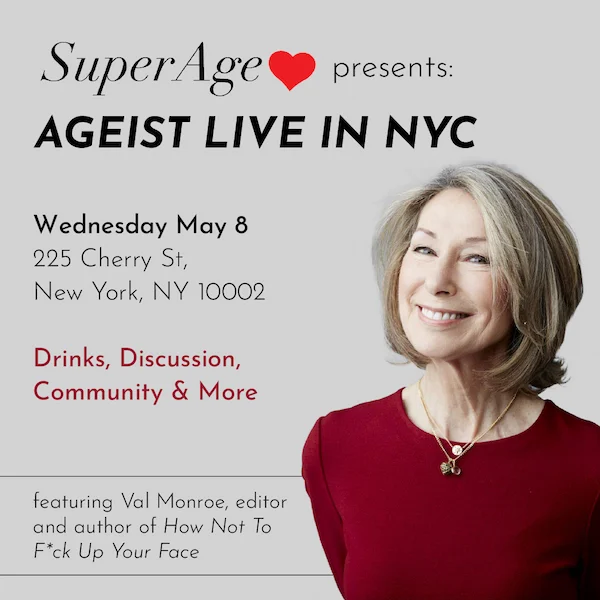 An update on a piece we published in 2018.
An update on a piece we published in 2018.
We now know that bones communicate by participating in a network of signals to other organs through producing their own hormones, proteins that circulate in the blood. There is discussion about the possibility of supplementing osteocalcin, one of the main hormones produced by bone. That may or may not be feasible. What is known and feasible for all of us today is that exercise will help keep bone mass. Especially stress adaptive exercise that applies a heavy load to the skeleton.
This recent article “Does the key to anti-ageing lie in our bones?” published in The Guardian is worth a read, as it references research that confirms some of our earlier thinking: bones are much more than just skeleton, they are two-way hormonally interactive and generative.
“The idea that bone is just a simple organ that’s separated from everything else as a mineralized tissue, and that doesn’t communicate – that’s changed,” says Thomas Clemens, professor of orthopedic surgery at the Johns Hopkins Center for Musculoskeletal Research. “They have ushered in the idea that bone is involved in communicating with other tissues in the body that wasn’t really understood or investigated before.”
“The idea that bone could produce a hormone affecting metabolism or even your liver initially came as a bit of a shock,” says Ferron. “People did not expect that. But other scientists have since replicated the results, and even discovered new hormones also produced by bones. It’s opened up a completely new field in bone research.”
Bone mass can be increased by among other things, weight lifting, which is something I recommend for everyone, especially women. Ladies, I understand your fears, but unless you are main-lining steroids while lifting 8 hours a day you will not end up looking like a Pumping Iron contestant. It is not possible.
One surprising hack on we have come upon is OsteoStrong machines. These cleverly load the skeleton for brief intense moments that stimulate adaptive bone growth. I was a bit skeptical of these until I tried them myself. If you are not able to lift weights, or otherwise load your skeleton, these machines may be worth looking into.

———————————————————————————————–
8/12/2018: strong bones for a longer life
The more I learn about bones the more interesting they become (thank you to Nassim Nicholas Taleb and Antifragile). What fascinates me is the hormone feedback loop between bones and the rest of our bodies. There has been some accepted thinking that says that aging causes weak bones, perhaps brought on by hormones or lack thereof, especially in menopause. But it seems as though the reverse is also true: lack of bone density causes aging, metabolic disorders, diabetes, and hormone issues. See the work of Gerard Karsenty. Strong bones, besides keeping us from breaking apart, make for a better and longer life. We humans are complicated, and so many elements of comfortable modern life are not in our best, most healthy interest.
There is some dispute over how much bone density is affected by loading. My opinion is that every biological system I have ever encountered will either strengthen or break when put under stress. I see no reason to believe that bones are evolutionary outliers. Of course any loading, any exercise, is better than none. Walking is fine exercise, and I make sure to walk a good number of steps every day as recorded on my iPhone. I also am a big believer in lifting heavy weight. The thing to keep in mind is that whatever we do or don’t to ourselves is most likely going to have a systemic impact rather than a simple, isolated one.



